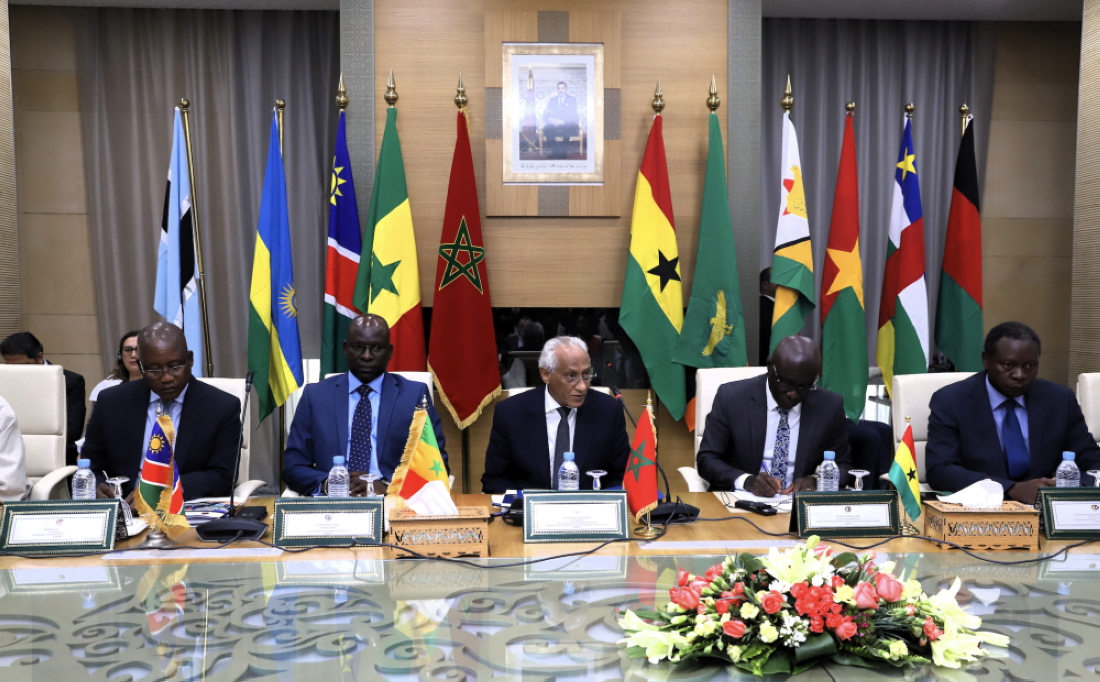The Executive Committee of the Association of Correctional Services of Africa (ASCA) commenced its first meeting on Wednesday at the headquarters of the General Delegation for Penitentiary Administration and Rehabilitation in Rabat.
Over the course of two days, representatives from African states, members of the Executive Committee, will review the various activities of ASCA and discuss the challenges facing the governance of the penitentiary sector. This meeting, attended by representatives from several African states, including Senegal, Ghana, Namibia, Zambia, Zimbabwe, Rwanda, Burkina Faso, Botswana, and the Central African Republic, follows the election of the Executive Committee in Dakar last May during the 6th biennial conference of the Association. The Presidency was entrusted to Senegal.

Vice-presidents representing the five regions of Africa were also elected during this conference, with Morocco serving as the Vice-President of ASCA, representing North Africa.
The Association of Correctional Services of Africa aims to address issues related to the management of penitentiary institutions in African states, with a mission to promote cooperation, interaction, and the exchange of knowledge among its member states to enhance and strengthen the role of penitentiary services in the countries of the continent.
Morocco-Senegal Agreement
On the sidelines of the Rabat meeting, Morocco and Senegal signed a cooperation protocol on Wednesday, January 31 in Rabat, in the fields of penitentiary and rehabilitation.
Initialed by the General Delegate for Penitentiary Administration and Rehabilitation, Mohamed Salah Tamek, and the Director General of Penitentiary Administration of Senegal, Abdoulaye Diagne, this protocol aims to strengthen cooperation between these two institutions in the areas of training and exchange of experiences in penitentiary and rehabilitation matters.











